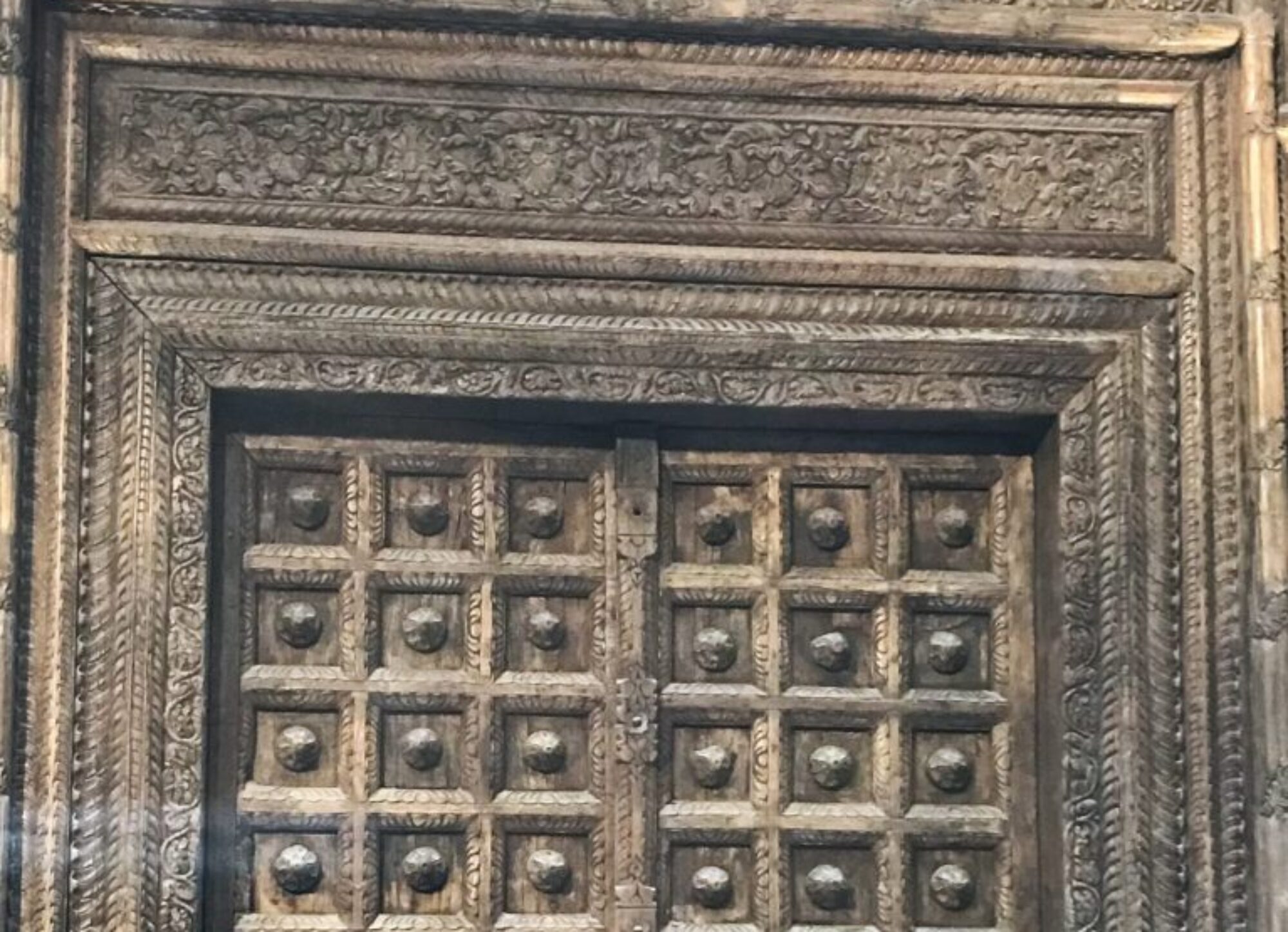“You are going deaf!” asserted my wife, apropos of nothing. “Eh? What did you say?” I enquired absent-mindedly. “Oh, for God’s sake!” she said, throwing up her hands melodramatically. “I ask for the third time — do you or don’t you want coffee? You really are deaf!”
“Oh no, dear!” I said, “I’m not deaf. It is just that sometimes I am preoccupied with matters that you would not understand.”
“Stupid old man,” she mumbled, thinking that I would not hear her.
In fact, I am not deaf, and there is nothing wrong with my hearing — at least most of the time there isn’t. I can hear the bells of the neighbourhood temple for the morning aarti. My beauty sleep is equally disturbed by the azan from the mosque. The blaring horns of school buses never cease. I can always hear the sirens of ambulances and police vehicles that add a note of urgency to the day. Nevertheless, like many of my friends, I do not hear the doorbell sometimes, or I ignore the telephone till it tring-trings itself to sullen silence. The missus tries to use these lapses as evidence of my deafness, but I cleverly deflect the accusation by pointing out that I was listening to music through my Air Pods. I plead innocence by also claiming that I can well hear the raucous crows on the terrace, the piercing cry of the vegetable vendor, as also the faraway diesel generator set.
Television anchors were the ones who discovered first that I have hearing issues. So, instead of using the sedate tone of Salma Sultan, they adopted the excited style of Navjot Sidhu for reading the news. They instigated the participants in discussion programmes to outshout the most aggressive of sellers in any fish market. And by Jove, they succeeded! It has now truly become a free-for-all. Even the characters in soap operas, so keenly watched by my wife, have started yelling. I presume they do so to ensure that I can hear them.
Besides the guys on television, the neighbourhood aunties have come to my rescue, too. They always gather by turn in someone’s home and chant complicated mantras to appease various gods. These ‘Bajrangi ammas’, as some youngsters call them, have now started using a loudspeaker for my benefit. Children scream expressly to disturb my siesta. The plumber, mason, carpenter and even the electrician of our condo create a ruckus whenever they can, patently to reassure me that I am not hard of hearing. I am indeed blessed! The whole universe has conspired to prove my wife wrong about my minor hearing problem. My only wish now is to somehow make her speak louder when she talks to me!
(Published in The Tribune on 28/04/2023
